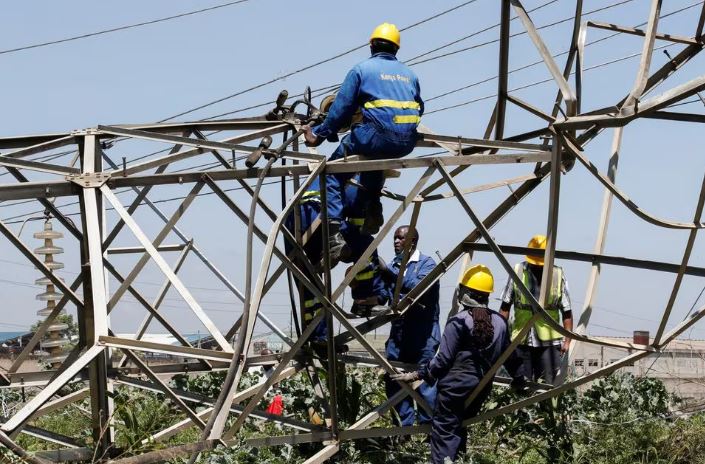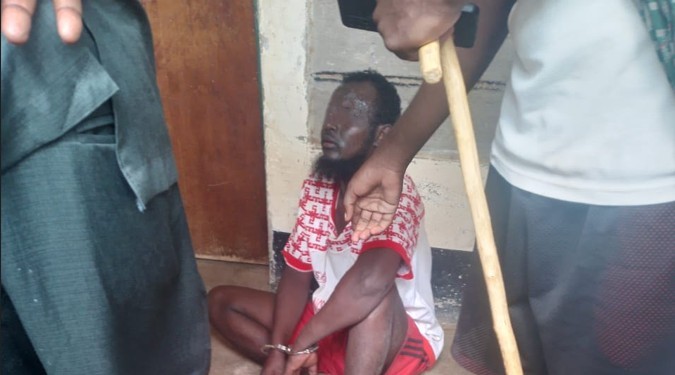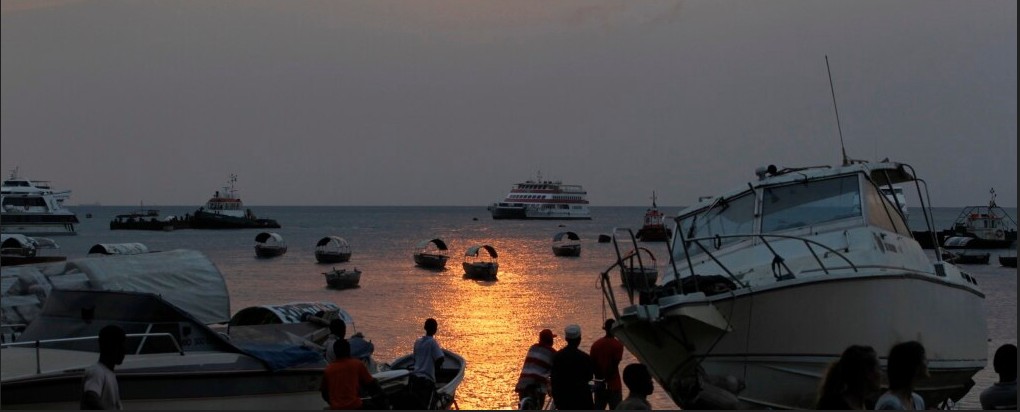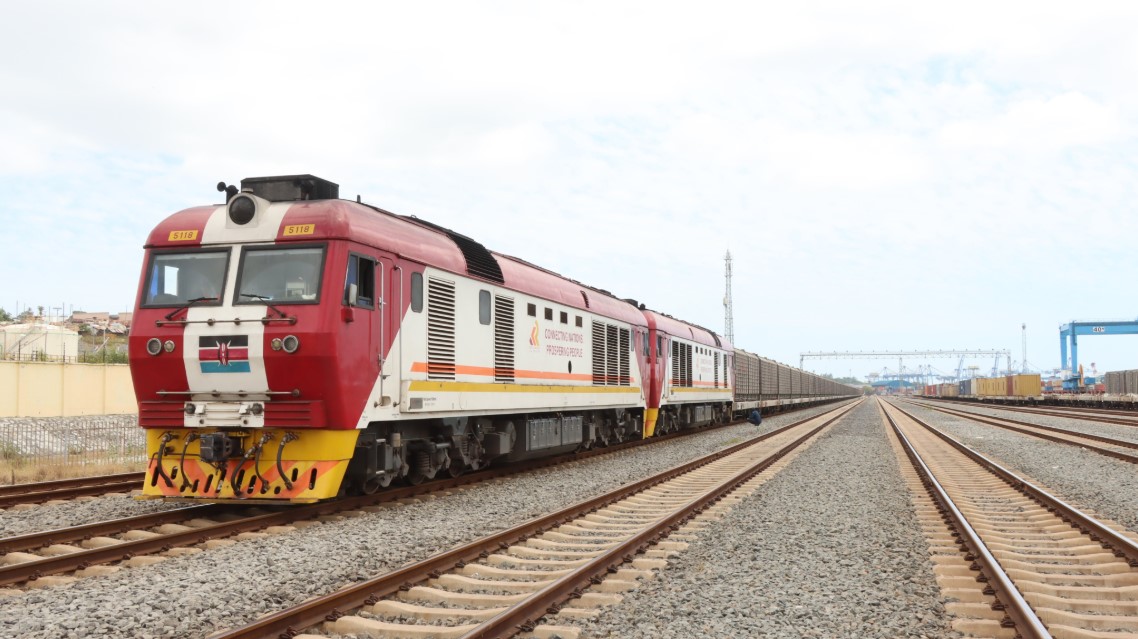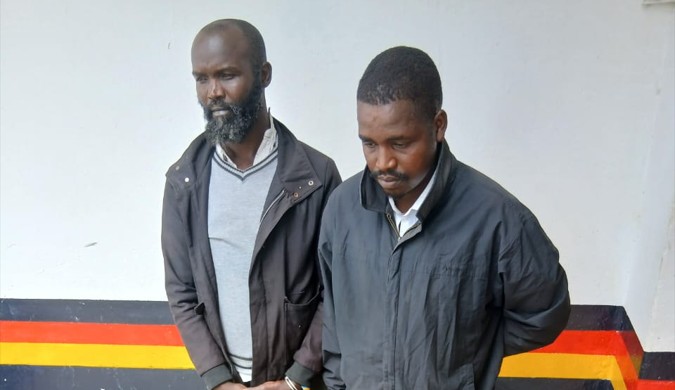Nigerian flood victims in Borno state face long wait for medical help
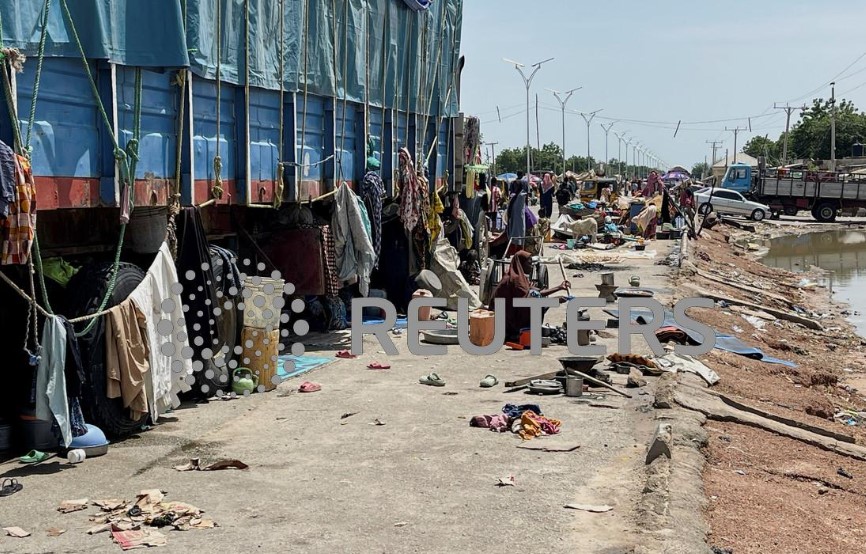
More than 30 people have been killed by the floods, which authorities say affected about one million people.
People in Nigeria's flood-hit north eastern Borno state are struggling to get medical care as overwhelmed aid agencies warn of an outbreak of waterborne disease following the worst floods to hit the region in three decades.
boko, most of whom are housed in camps without food and clean water.
More To Read
- 200 militants killed in Boko Haram-ISWAP clashes in Northeast Nigeria
- Africa’s rapid drone expansion promises high-tech warfare but struggles to achieve strategic results
- African Union calls for respect of Nigeria’s sovereignty amid religious persecution claims
- Nigeria dismisses US claims about prosecution of Christians
- Is Nigeria facing a Christian genocide? New evidence reveals terrorists target all faiths
- Africa imports over 70 per cent of its medicines — Local production of ingredients could change that
The deluge threatens not only the health and safety of the displaced but puts a strain on aid agencies and government resources, exacerbating an already critical humanitarian crisis.
The floods in Borno, the birthplace of Boko Haram militants in the Lake Chad basin, started when a dam burst its walls following heavy rainfall that has also caused floods in Cameroon, Chad, Mali and Niger, all part of Africa's Sahel region that usually receives little rain.
In the last two weeks of August, more than 1.5 million people were displaced across 12 countries in West and Central Africa due to floods, and about 465 have been killed, according to the United Nations humanitarian affairs office.
Over the weekend, an additional 50,000 people were displaced in north eastern Nigeria as the floods intensified, the Norwegian Refugee Council (NRC) said on Monday.
"The situation in the Sahel and Lake Chad region is increasingly dire, as the compounding effects of conflict, displacement and climate change take a severe toll on vulnerable populations," said Hassane Hamadou, NRC's Central and West Africa regional director.
The floods in West Africa come at a time of flooding in Europe after days of torrential rain that caused rivers to burst their banks in several parts of the region.
In a camp in Maiduguri, Borno's state capital, Bintu Amadu was among hundreds of frustrated people waiting for hours to see a doctor because her son had diarrhoea.
"We have not received any aid, and our attempts to see a doctor have been unsuccessful. We have been waiting for medical attention since yesterday, but to no avail," she said.
Ramatu Yajubu was happy she had obtained an appointment card after waiting for days, but quickly added: "I am uncertain about receiving attention due to the overwhelming number of people seeking care."
Years of an Islamist insurgency have driven many people from their farms.
Mathias Goemaere, a field coordinator for Medecins Sans Frontieres, said that even before the floods, residents in Borno were struggling with malnutrition.
"They are exposed to their environment, so what do we see? A lot of waterborne diseases, diarrhoea, diarrhoeal diseases ... Malaria is around with a lot of mosquitoes," Goemaere told Reuters.
"So a lot of people, because of malnutrition, are immuno-suppressed, which makes them more susceptible to diseases."
Nigeria's government has separately warned of rising water levels in the country's largest rivers, the Benue and Niger, which could cause floods in the oil-producing Niger Delta region in the south.
Top Stories Today


